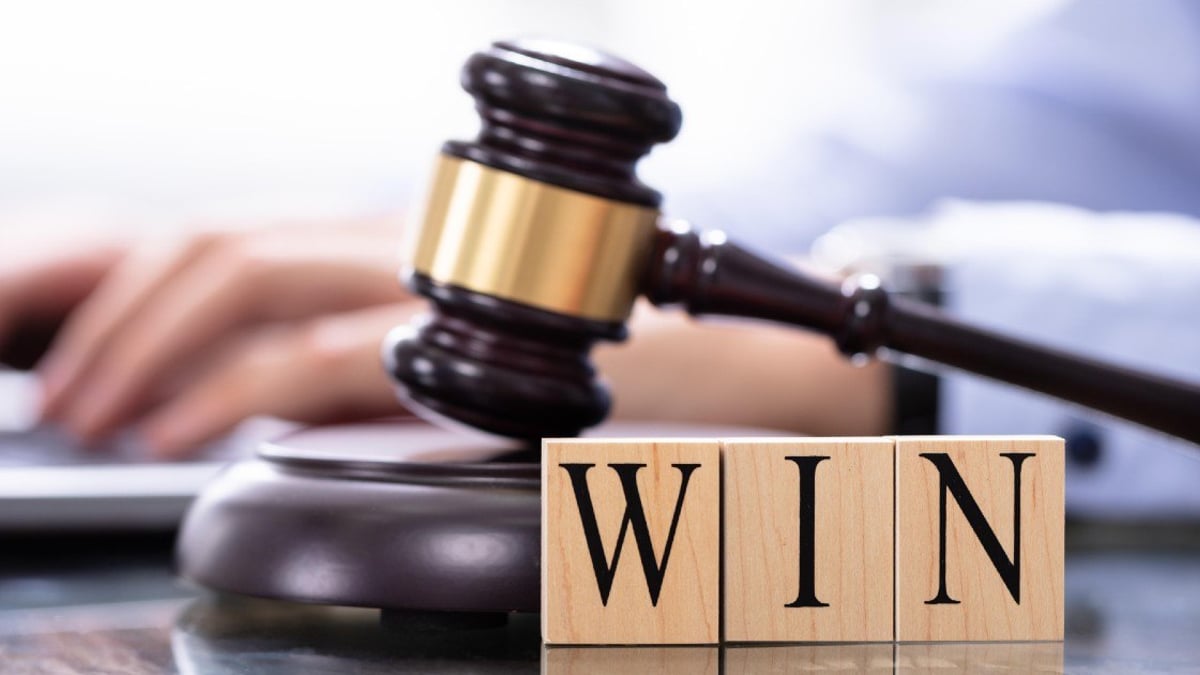Florida Sports Betting Scores Legal Victory, What’s Next?

Mobile sports betting is back on the table in Florida after the D.C. Circuit Court of Appeals overturned a previous District Court ruling that torpedoed a gaming compact between the Seminole Tribe and Florida.
The opinion, authored by Judge Robert Wilkins, notes that “IGRA “regulate[s] gaming on Indian lands, and nowhere else.” Michigan v. Bay Mills Indian Cmty., 572 U.S. 782, 795 (2014). Thus, to be sure, an IGRA gaming compact can legally authorize a tribe to conduct gaming only on its own lands.”
However, it goes on to say:
“But at the same time, IGRA does not prohibit a gaming compact—which is, at bottom, an agreement between a tribe and a state—from discussing other topics… In fact, IGRA expressly contemplates that a compact “may” do so where the activity is “directly related to” gaming.
“The District Court erred by reading into the Compact a legal effect it does not (and cannot) have, namely, independently authorizing betting by patrons located outside of the Tribe’s lands. Rather, the Compact itself authorizes only the betting that occurs on the Tribe’s lands; in this respect, it satisfied IGRA.”
The Appeals Court’s ruling is unlikely the final word on the subject. While the plaintiffs could decide to abide by the court’s ruling, the more likely outcome is further litigation.
Kicking the Can Back to the Florida State Courts
First, the D.C. Circuit Court of Appeals played hot potato with one of the overarching questions raised by the Compact, “Whether it is otherwise lawful for a patron to place bets from non-tribal land within Florida may be a question for that State’s courts, but it is not the subject of this litigation and not for us to decide.”
Marc Dunbar, a law professor and attorney representing the Seminole Tribe, recently compared the issue to tribal horse racing (this is an excerpt of a forthcoming roundtable discussion in Gaming Law Review).
“You have states that have recognized horse racing within their state to be part of the legal parimutuel wagering offerings and allow intrastate simulcast wagering to occur on the parimutuel horse races occurring at tribal facilities. That is done via state law, where they recognize that it is legal for someone to place an ADW wager within the state on a horse race conducted at a reservation. Much like that, states have the ability to essentially determine what is the legal wagering activity within their jurisdiction and essentially defining it.”
During a 2021 roundtable discussion, Dunbar said, “There has not been any question that when a parimutuel wager occurs, it is effectuated based on the law of the host location. That’s been litigated in Florida and has been affirmed. It’s been litigated in lots of states and has been affirmed. Separate and apart from it, federal laws allowed the states to essentially define what wagering is within their jurisdiction.”
To paraphrase Dunbar, if a state decides a bet takes place at the server, which is located on tribal lands, intrastate betting sites would be legal under the Florida-Seminole compact. Other laws would restrict this to intrastate betting, and this argument could not be used in states that have not made a server location distinction, thereby avoiding the proverbial can of worms.
The Appeals Process Could Delay Sports Betting in Florida
Second, the plaintiffs, brick-and-mortar casinos in Florida, can appeal the decision.
One option is to request an en banc hearing before the entire D.C. Circuit Court of Appeals (all nine judges rather than the usual three). En banc hearings are rare, but New Jersey’s request was granted during its long road to repealing PASPA.
With the three D.C. Circuit Court of Appeals judges who heard the case unanimously ruling in favor of Florida and the Seminole Tribe and unlikely to change their minds, five of the six remaining judges would have to side with the plaintiffs to prevail in an en banc hearing.
Another option is to appeal the case directly to the Supreme Court. That is the far more likely outcome. However, the court must agree to hear the case and rule against Florida and the Seminole Tribe.
However the case shakes out from here, it will take time. So, while Florida is an odds-on favorite to win the case, it could be months or even years before mobile sports betting in Florida reappears.










